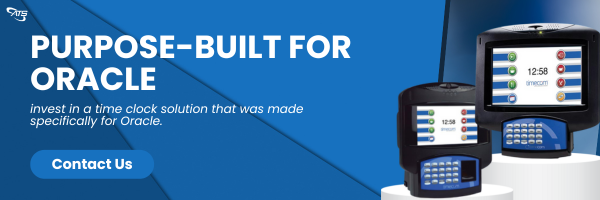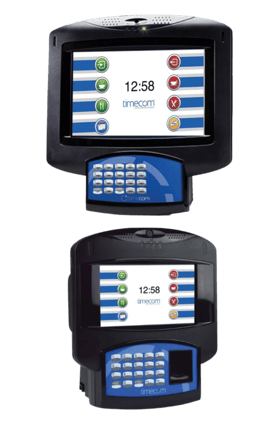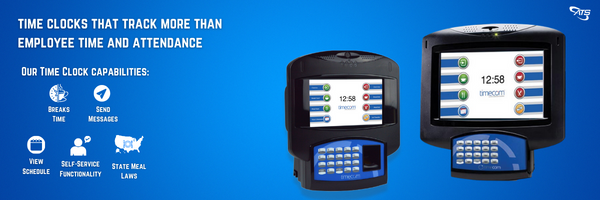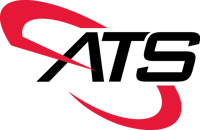Managing global time and attendance is essential for controlling labor costs and meeting legal requirements. Today, companies are taking their talent search global, establishing local offices or factories.

Mastering global time and attendance is vital in ensuring your employees are paid accurately. Payroll processing relies heavily on localized time recording management. As the risks of non-compliance with payroll and labor regulations become greater, so do the potential costs.
Companies can solve this problem by using Oracle Cloud Time and Labor with the right time and attendance system. This article shares what time clock features companies should consider when choosing a timekeeping system to manage global compliance.
Configuring Time and Attendance Data for Compliance
The time and attendance system must be configurable to accommodate multiple jurisdictions. Your time clocks should be user-friendly and operate in local languages, not just translated but fully localized.
 The time clock system should have customized rule-based time recording for each location. It must also gather precise time and location information to follow local labor and tax regulations.
The time clock system should have customized rule-based time recording for each location. It must also gather precise time and location information to follow local labor and tax regulations.
Manually adjusting work hours, location, and time data for payroll and compliance negates the advantages of automated time tracking. It cuts into the cost savings and reduces the reliability of attendance records.
Capturing All the Necessary Data
Businesses need a time clock to send complete data for their scheduling and payroll modules to support company compliance. A fully integrated Oracle time clock helps in that way. With TimeCom, businesses can use the employee punch records to run an accurate payroll and make business decisions on properly scheduling employees.
Capturing accurate and complete attendance data is critical because different countries have different labor requirements. In Mexico, the type of shift an employee works determines how labor laws apply to their working hours. Israeli law prohibits forcing an employee to work on their “weekly day of rest,” based on their religion.

The time and attendance system should collect all the data needed to ensure comprehensive and easy management of these complexities on a global scale.
Ensuring Data Privacy with an Employee Time Clock
Data privacy regulations are becoming increasingly strict. Even if a company isn't in a particular country, some of its data privacy laws may apply.
The European Union's General Data Protection Regulation (GDPR) protects personal data for EU citizens and residents, even if they aren’t located in the EU. It restricts how companies can collect and use employee data. It may consider timekeeping as a form of employee monitoring. In that case, companies must protect employee attendance records and biometric data to comply with the GDPR.
Companies hiring EU-based workers or independent contractors must comply with GDPR if they market and sell into the EU, even if they don’t have a corporate presence there.
Your workforce management and time clock system should have clear data privacy protections. TimeCom, ATS's time clock system, offers a biometric reader option. Our biometric software uses a proprietary algorithm to generate biometric templates. TimeCom also encrypts all its data, both at rest and during delivery, to protect it.
Use Tools Designed for Global Workforce Management
Obeying local laws for labor, payroll, and taxes is crucial, even with just one worker in the area.
Advanced tools, like Oracle Time and Labor and TimeCom, can help you manage global time and attendance data. They allow you to define your requirements and workflows that provide oversight processes for compliance.
Time clocks and payroll software designed for the global marketplace make it easier to comply with global worker requirements. Integrating tools like Oracle and TimeCom streamline global attendance management. You can customize these systems to automate enforcement of diverse labor rules, such as overtime regulations.
to comply with global worker requirements. Integrating tools like Oracle and TimeCom streamline global attendance management. You can customize these systems to automate enforcement of diverse labor rules, such as overtime regulations.
Labor is a comprehensive and costly part of global operations. Automation tools that apply various global rules based on employee time data can significantly enhance scheduling, streamline payroll processes, and optimize compliance management.
Managing Labors Costs Everywhere
Using Oracle Cloud Time and Labor with ATS's TimeCom reduces labor expenses by integrating workforce management and time and attendance solutions.
Automating time collection with a time clock reduces overpaying for labor by:
- Delivering precise time data to payroll systems
- Reducing time theft by virtually eliminating buddy punching
They also reduce administrative costs:
- Employees can effortlessly submit time.
- Managers get more time for approving time records before payroll runs.
Embracing Cloud-based Time and Attendance Solutions for Improved Efficiency
Simplify labor law compliance and lower costs on a global scale by employing advanced and comprehensive software systems. Cloud-based time and attendance software helps companies manage global workforce with Oracle Cloud Time and Labor.
Together, they make it easier to follow labor laws and improve user experience with easy-to-use rules customization for the global workforce.
Integrating an innovative tool like TimeCom helps you optimize your Oracle environment.
To learn more about time and attendance and begin creating an Employee Attendance Policy that sticks, download our free eBook The Step-By-Step Guide to Minimizing Absenteeism. Or get in contact with a team member by clicking here.






